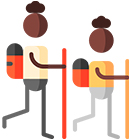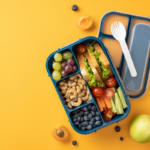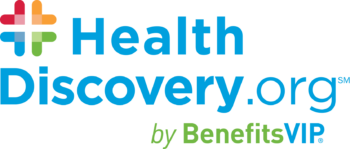 |
- Creative Outlets. Finding a hobby can help your mind relax and allow you focus on something other than daily demands. It can be as simple as coloring or singing, or as intricate as puzzles or pottery. My colleague Ellen Hosafros (and co-founder of this blog) has found her own peace in just that – clay work. “I joined a clay-throwing and hand-building class four months ago and have replaced nearly all TV-watching with sculpting. For some reason, I’ve really connected with this medium.” A bonus: the class provides social interaction. “I’ve made several friends,” she said. “We laugh a lot and there’s a constant flow of creative support for each other. It’s an informal support group.” Further, tapping into your creative mind actually has a measurable, positive influence on your body, such as increasing your mood and emotional stability. Using this part of your brain helps create new neurons which may help you recover from illness or injury. Studies have suggested that learning something new may reduce the risk of losing cognitive skills, like with Alzheimer’s or dementia. Finding a creative outlet can help reduce stress. Quilting, anyone?
|
 |
- Social Groups. Increasing your social circle can help relieve stress. Interpersonal relationships foster positive communications, validation for your feelings and an outlet for coping with life’s challenges. The emotional support of friends and family can go a long way to reduce stress. In today’s social networking frenzy, there are many ways to meet like-minded people through common interest forums, adventure groups, support groups that meet about particular pains, and more. Anybody want to go hiking?
|
 |
- Physical Release. Aerobic exercise chemically reduces stress hormones like adrenaline and cortisol and stimulates endorphins, the body’s mood elevators. A vigorous workout or even a long stroll can reduce stress. Another approach is to clear your mind by way of breathing exercises and meditation. Stretching and strengthening your body in a yoga class can also help. If your employer offers a health & wellness program, take advantage of it for year-long results. Namaste!
|
 |
- Therapeutic Resources. Sometimes we may need the assistance of someone objective to help guide our frame of mind. It could be a preacher, social worker, therapist or even a psychiatrist. And there’s no shame in that; 42% of U.S. adults have seen a counselor at some point in their lives, while another 36% are open to the idea. A variety of therapies could be effective to reduce stress, such as talk therapy, music therapy, massage, and acupuncture/acupressure. Hot stones, please!
|
 |
- Philanthropic Work. It’s no secret that volunteering is a rewarding and satisfying use of our time, but did you know it gives us other mental health benefits? Making meaningful connections with those in need can improve our mood and channel sometimes negative thoughts to more positive ones. Volunteering gives us a sense of motivation and keeps us around people, preventing isolation. Finding a cause that you feel strongly about can increase your confidence and bring more purpose to your life. “The heart that gives, gathers.” – Tao Te Ching
|



















